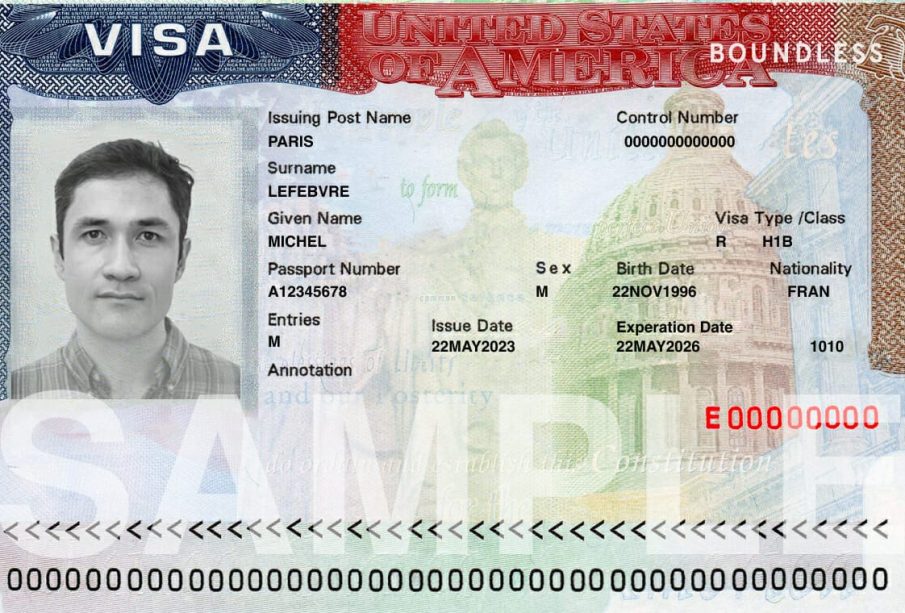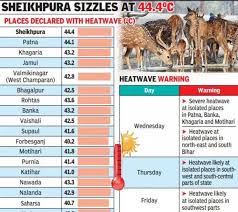What is H1B Visa in USA?

Introduction
The H1B visa is a non-immigrant visa in the United States that allows U.S. companies to employ foreign workers in specialty occupations. It is critical for both employers and employees, as it provides an opportunity for skilled professionals from around the world to work in America. Understanding the H1B visa is essential for those looking to expand their career opportunities in the U.S. and for companies that require specialized skills that may not be readily available locally.
What Does H1B Visa Entail?
The H1B visa program is primarily aimed at professionals who have a higher education degree or its equivalent in experience. Jobs that fall under the specialty occupation category include IT professionals, engineers, doctors, and financial analysts, among others. As per the U.S. Citizenship and Immigration Services (USCIS), the degree must be relevant to the job position offered.
Eligibility Criteria
To qualify for an H1B visa, an applicant must have an offer of employment from a U.S. employer willing to sponsor the visa. Additionally, the applicant must possess a bachelor’s degree or higher in the relevant field of study or have equivalent work experience. The employer must also demonstrate that they will pay the prevailing wage for that occupation in the geographic area where the work will be performed.
Application Process
The application process for the H1B visa involves several steps, starting with the employer filing a Labor Condition Application (LCA) with the Department of Labor (DOL). Once approved, the employer files a Form I-129 with USCIS, along with necessary fees and supporting documentation. It is crucial to keep in mind that there is an annual cap on H1B visas, which often results in a lottery system when demand exceeds supply.
Significance for Workers and Employers
The H1B visa is significant as it not only allows individuals to gain work experience in a diverse environment but also helps U.S. companies fill gaps in their labor force with skilled professionals. It has been a vital program for the tech industry and other sectors that depend on specialized knowledge that cannot be sourced locally.
Conclusion
The H1B visa remains a vital pathway for skilled professionals seeking employment in the United States. As the global job market evolves, demand for the H1B visa continues, aiding companies in achieving their business objectives while providing foreign workers opportunities for personal and professional growth. However, potential applicants should remain aware of the complexities and challenges within the application process, as well as recent legislative changes that may affect the program in coming years.









